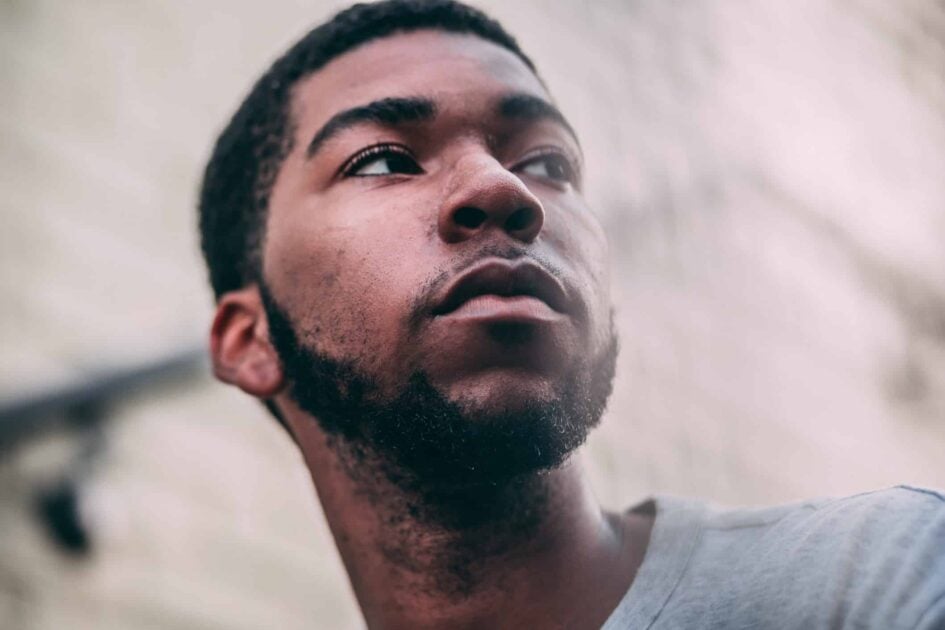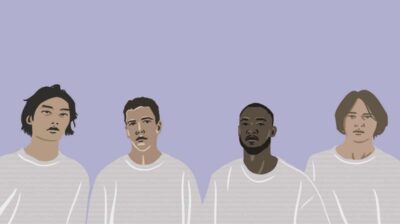The effects of racism on health and mental health
The Irish Network Against Racism (INAR) highlight the impact racism has on people living in Ireland

This content is from INAR’s Responding to Racism Guide: How to report racism and where to find help.
Racism is an issue in Ireland. iReport.ie Racist Incident Reporting System, a database for reporting racist incidents in Ireland, has been collecting data on racism in Ireland since 2013. The iReport.ie data suggests that racism can have a devastating impact on the lives of those targeted. Experiencing racism can have an impact on both your physical and mental health. It can also make you feel less connected to those around you, and can even impact you financially as well.
How racism can impact people’s lives
Physical impacts of racism
There are a number of ways that racism can impact you physically. If you are the victim of a racist attack, you could be left with physical injuries or experience such high levels of stress or anxiety that it starts to impact on your health. If you have been mugged or targeted in a robbery, you might also experience a loss or damage to your property, whether that’s your phone, car, house, or something else you own.
Psychological impacts of racism
Racism can have a deeply damaging effect on people’s mental health and their health generally. Experiencing racism can lead to feelings of humiliation, and it can also be dehumanising (when someone makes you feel like you are less than human). Racism also undermines people’s dignity and forces them to change their usual behaviour and daily routines (for example avoiding certain places or activities, being afraid of leaving the house or travelling alone, changing the way they dress, (for example, a Muslim woman may be afraid to wear a Hijab (headscarf)). It can also lead to other emotional impacts such as distress, PTSD, insomnia, depression, fear, a sense of isolation and lack of trust in people.
Social impacts of racism
Experiencing racism can lead to feeling lonely or isolated. Racism can also result in having less trust in other people. If someone experiences repeated harassment in their area, it can impact on their social life and make it harder to create a network of friends or feel safe at all. Other kinds of racism, like housing discrimination and institutional racism (the way systems are set up to disadvantage non-white people) can also make it harder to live freely and healthily in society.
Financial impacts of racism
Racism has financial impacts. It has been proved that people experiencing racism are more likely to experience barriers to employment, lower wages, and discrimination when trying to access housing or financial support. They may also experience racism with housing, discrimination from landlords, and have issues with transportation. Some people try to avoid public transport or take longer routes to get places due to racist incidents, which can increase their travel costs.
Impact of racism on families, communities and society
Racist incidents can have a negative impact not only on an individual who directly experienced it, but also on the person’s family or even the entire community. Racism can lead to fear spreading through the community, especially when there is a poor response of the community leaders, local people and/or authorities. Communities can become isolated and torn apart.
The ripple effect of racism
INAR reports that ‘when individuals experience racism there is a ripple effect; not only does the individual have to deal with the hurt and isolation but everyone who shares that person’s identity becomes a potential target. This community then has a shared fear and sometimes feel they are vulnerable to harassment and violence because of their identity. On a wider scale, this works to isolate and separate groups creating tensions within society. The feeling of isolation also reinforces the sense of victimisation at the time of the incidents and afterwards’.
INAR’s ‘Afrophobia in Ireland’ report
INAR’s ‘Afrophobia in Ireland’ report, on racism against people of African descent, found that racism ‘has the effect of marking them out as being out-of-place in Irish work and leisure spaces, isolating them from the wider communities in which they live. While racism of this kind becomes ‘everyday’, in the sense that there are routine situations in everyday life in which it occurs repeatedly, it produces a distinctly abnormal and inhumane experience of life in Ireland.’
The role of bystanders in stopping racism
The impacts of racist incidents can be made far worse by when the other people present do nothing. When this happens, victims can feel that they are completely alone, helpless and surrounded by people who don’t care about their experiences.
The evidence from the 2013-2019 iReport.ie data shows that when people who are targeted by racism do not feel supported in any way by others, then they are more likely to report more severe mental impact. This further increases their isolation and sense of exclusion and makes them more vulnerable to racial harassment. When offered support and compassion, whether during or after the incident, the effect of such interventions is powerful and can help to reduce the impact of the event on that person.
Read INAR’s full guide on Responding to Racism.
Feeling overwhelmed and want to talk to someone?
- Get anonymous support 24/7 with our text message support service
- Connect with a trained volunteer who will listen to you, and help you to move forward feeling better
- Whatsapp us now or free-text SPUNOUT to 50808 to begin.
- Find out more about our text message support service
If you are a customer of the 48 or An Post network or cannot get through using the ‘50808’ short code please text HELLO to 086 1800 280 (standard message rates may apply). Some smaller networks do not support short codes like ‘50808’.






